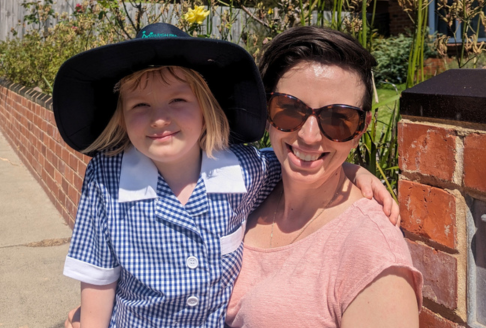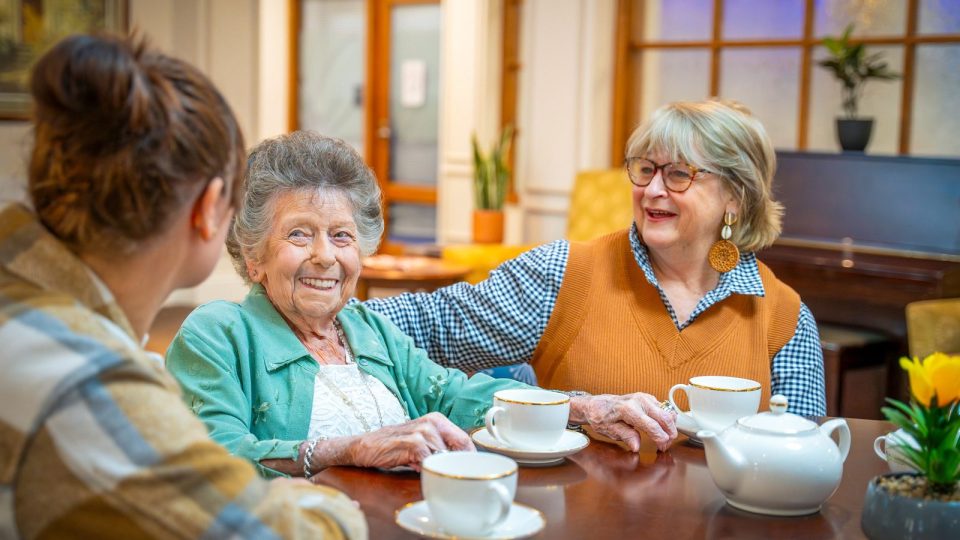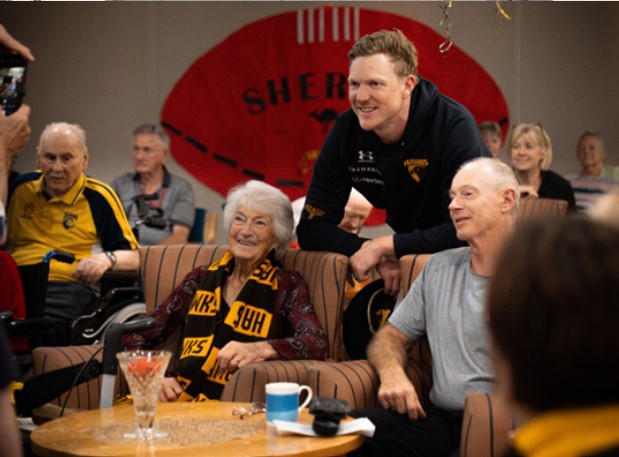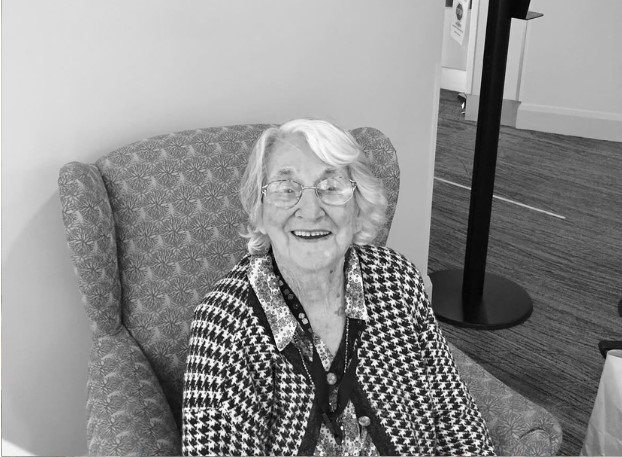New Beginnings reflection by Cathy Taylor, Spiritual Care Coordinator
- 04 Apr 2024

We asked Cathy to write a piece on the theme ‘new beginnings’ for the first internal Baptcare newsletter for 2024. Here is her thoughtful piece.
Every moment offers a chance for a new beginning. Each breath holds a new opportunity to be grateful. Though we mark a date on the calendar when a new year begins, if we see each day as a gift, then there is always an opportunity to start again, to start afresh.
In the morning, we can choose to be mindful and appreciate the first conscious breath we take as our eyes flutter open. We can feel the coolness or warmth of the air as we step outside the house. Another new moment. It’s the little moments like these that I encourage my clients to reflect on. The spiritual practice of gratitude: noticing what they can be grateful for in their day. We often rush through our days. It is the small moments that make up our lives, moment by moment by moment.
This year my daughter began primary school. We live within walking distance, and that walk to and from school is enjoyable for us both. I must admit some mornings we rush out the door, walking at a pace where we are unable to slow down! Most mornings though, we stop, and literally smell the roses. Breathing in their delightful aroma, exquisite. My daughter notices a feather, or a dragon-shaped cloud in the sky. We listen to the magpies sing, we sing back. These moments, the little moments, make up life.
Each moment we have a choice, each moment a new opportunity, to begin again.
You can learn more about Spiritual Care at Baptcare here.
Community news
-

How to talk to a loved one about moving into aged care
One of the most challenging conversations we may have with our loved one is about whether it’s time to consider moving into residential aged care. Whether it’s a parent, grandparent, or partner, the topic can stir feelings of resistance and guilt. But when approached with empathy, patience and deep respect for the individual’s wishes, this conversation can become a meaningful step toward greater safety, comfort and connection.
- 18 Feb 2026
-

Hawthorn stars bring footy fun to Abbey Gardens
There was no mistaking the colours at Abbey Gardens Residential Aged Care Community in Warragul this week – brown and gold as far as the eye could see. Residents and staff donned their finest Hawthorn Football Club gear as players and support staff arrived for a visit, chatting with residents, signing autographs and bringing plenty of footy fun.
- 18 Feb 2026
-

Dressmaker, traveller, Bulldogs fan and volunteer – Thelma turns 100!
Thelma Powell, beloved resident and former volunteer at Westhaven, turned 100 on 9th February 2026 with balloons, party hats, and cake! Surrounded by her family, care team, the local MP, and Mayor, as well as a representative from her beloved footy team, the Bulldogs, it was a day to remember.
- 13 Feb 2026
